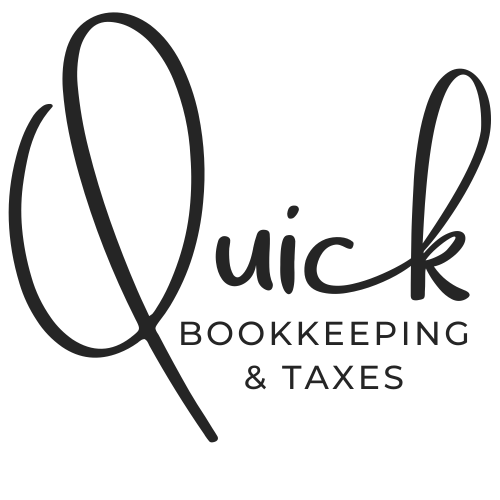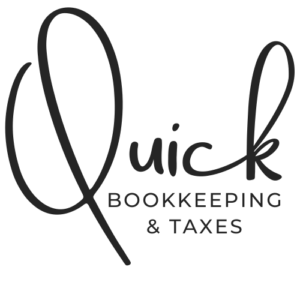As a small business owner, you strive to provide your employees with the best benefits possible while ensuring the financial stability of your company. Offering a retirement plan like a 401(k) is not only a valuable benefit for your employees but also a strategic move to attract and retain top talent. An understanding of 401k plans for small businesses will help you make better decisions.
Am I Required to Offer a Retirement Plan?
The short answer is no, you’re not legally required to offer a retirement plan for your employees. However, providing a 401(k) can offer several advantages, including attracting and retaining employees, potential tax benefits, and helping you save for your own retirement. Moreover, offering a retirement plan demonstrates your commitment to the financial well-being of your employees, which can boost morale and loyalty within your workforce.
Which Plan Should I Set Up? SIMPLE-IRA vs. SEP-IRA vs. 401(k)?
When it comes to retirement plans for small businesses, there are several options to consider, each with its own advantages and considerations. The three most common choices are the SIMPLE-IRA, SEP-IRA, and the traditional 401(k). Let’s explore each option:
1.SIMPLE-IRA (Savings Incentive Match Plan for Employees):
- Simple to set up and maintain, making it a great option for small businesses with fewer than 100 employees.
- Allows both employers and employees to make contributions, with lower contribution limits compared to a traditional 401(k).
- Employers are required to make either matching contributions (up to 3% of employee compensation) or non-elective contributions (2% of employee compensation) for eligible employees.
- Ideal for businesses looking for a low-cost retirement plan with minimal administrative responsibilities.
- Note: In 2024, employees under 50 can contribute up to $16,000 annually, while those 50 and older can contribute up to $19,500.
2. SEP-IRA (Simplified Employee Pension Individual Retirement Account):
- Offers higher contribution limits compared to a SIMPLE-IRA, making it suitable for businesses with higher income levels or self-employed individuals.
- Only employers can contribute to a SEP-IRA, and contributions are made on a discretionary basis, meaning you’re not obligated to contribute every year.
- Simple to establish and maintain, with minimal administrative costs and paperwork.
- Well-suited for small businesses with fluctuating profits or those seeking flexibility in their retirement plan contributions.
3. 401(k) Plan:
- Provides the highest contribution limits of the three options, allowing employees to contribute pre-tax dollars directly from their paycheck.
- Offers a range of investment options, including mutual funds, stocks, and bonds, allowing employees to customize their investment strategy.
- Employers can choose to match employee contributions, providing an additional incentive for participation.
- Requires more administrative work and potentially higher costs compared to SIMPLE-IRA or SEP-IRA plans but offers greater flexibility and benefits for both employers and employees.
Choose the Type of 401(k) You Want to Offer:
If you’ve decided that a 401(k) plan is the best option for your small business, the next step is to choose the type of 401(k) you want to offer. There are two main types: traditional 401(k) plans and Roth 401(k) plans.
- Traditional 401(k) Plan:
- Contributions are made with pre-tax dollars, reducing employees’ taxable income for the year.
- Withdrawals in retirement are taxed at ordinary income tax rates.
- Employers can choose to match employee contributions, providing an additional benefit to employees.
- Roth 401(k) Plan:
- Contributions are made with after-tax dollars, so withdrawals in retirement are tax-free, including any investment gains.
- Employees may prefer Roth contributions if they anticipate being in a higher tax bracket during retirement or want tax-free income in retirement.
Additional 401(k) Plan Options:
Beyond the traditional and Roth 401(k) plans, there are several specialized options worth considering:
- Safe Harbor 401(k) Plan: Ensures compliance by requiring employer contributions, thereby bypassing annual nondiscrimination testing. Fiduciary duties and regulatory filings still apply.
- Solo 401(k) Plan: Tailored for self-employed individuals or business owners without employees, offering simplified administration and fewer compliance requirements.
- SIMPLE 401(k) Plan: Ideal for small businesses with up to 100 employees, featuring lower contribution limits but without the need for nondiscrimination testing.
- Automatic Enrollment 401(k) Plan: Allows automatic enrollment of employees, enhancing participation rates and simplifying administration.
Advantages of Implementing a 401(k) Plan for Your Business:
Offering a 401(k) plan for small businesses not only benefits your employees but also provides several advantages for your company:
- Attract and Retain Talent: Competitive benefits packages, including retirement plans, can attract top talent and enhance employee retention.
- Tax Benefits: Employer contributions to a 401(k) plan may be tax-deductible, reducing your taxable income.
- Simplified Administration: Some 401(k) plan options, such as automatic enrollment plans, streamline administrative tasks and compliance requirements, saving you time and resources.
- Additional Perks: Explore 401(k) plans that offer extra benefits, such as:
401(k) Loans: Employees may have the option to borrow a portion of their 401(k) balance tax-free, providing them with financial flexibility in times of need.
Profit Sharing: Implementing a profit-sharing plan allows you to allocate a portion of your business profits to your employees’ retirement savings as profit-sharing contributions. This not only encourages employee loyalty but also motivates your team to work hard and contribute to the company’s success.
If you find yourself struggling at any point, don’t hesitate to seek help. Book a consultation with us at www.qbtconsulting.com, We can provide expert advice and ensure your financial records are in order, giving you peace of mind. Also, make sure to stay up to date with latest tax and bookkeeping news on our blog.


